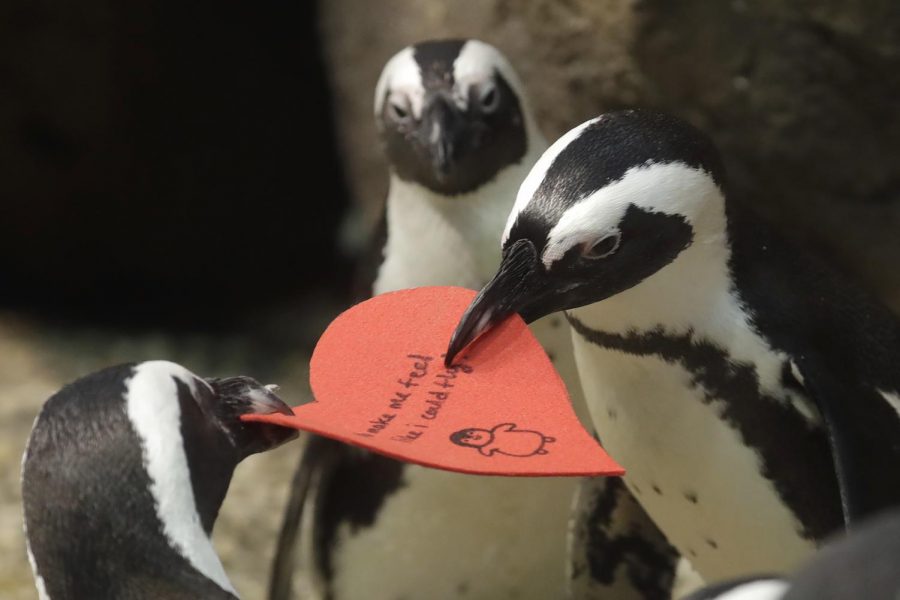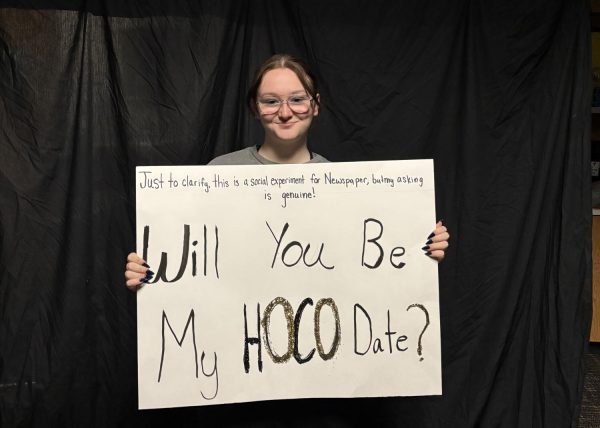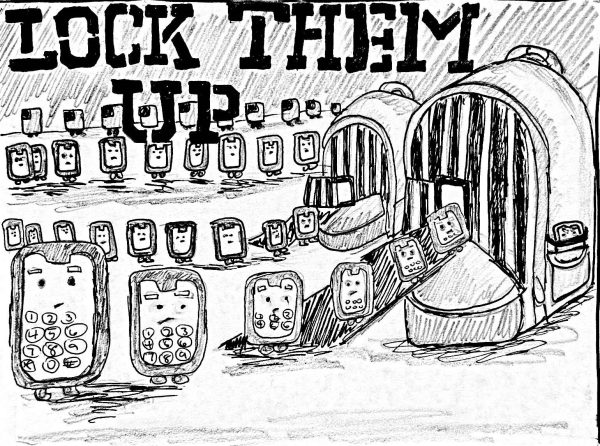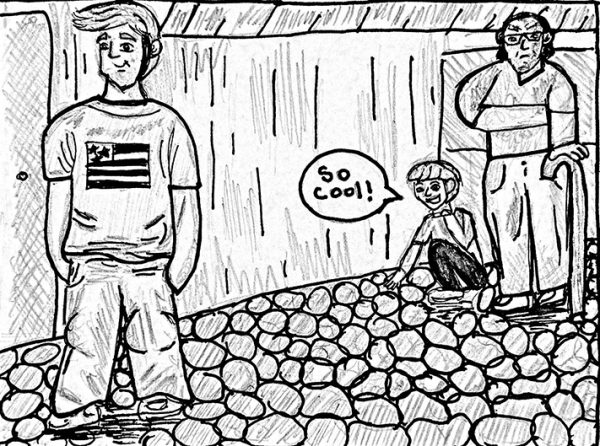True Love Never Dies…Just Like Capitalism
Annual ideals from day of love should be realized daily
Two penguins fight over a heart shaped valentine at the California Academy of Sciences in San Francisco on Wednesday, Feb. 12, 2020.
Valentine’s Day, also known as St. Valentine’s Day, is an outdated, capitalistic holiday that preys on the weak-willed and broken-hearted. The history of Valentine’s Day is surrounded by dark and twisted energy and only over time did it grow sweeter.
This “holiday” began as the Roman festival of Lupercalia in which men would give sacrificial gifts to Faunus, the Roman god of agriculture. A goat would be killed for fertility and a dog for purification. The skins of the animals would be stripped and dipped into sacrificial blood. The men would then take to the streets “lightly” whipping the women and the crops. It was dedicated to the Roman founders Romulus and Remus. The day was filled with drunk fallacies and naked dancing in the name of love and fertility and would end with a mating lottery. This barbaric celebration endured the initial rise of Christianity, but not for long.
The hardcore, bloody, and grotesque nature of the festival was eventually deemed unworthy of existing in the same era of Christian values and was outlawed. Pope Gelasius declared February 14th to be St. Valentine’s Day quickly following. Officially known as Saint Valentine of Rome, his true identity is questionable in the history books. There are many stories surrounding the identity of Saint Valentine and why a holiday was named after him including one stating “a martyr whose acts are ‘known only to god” and another telling the tale that he was beheaded by Claudius II for marrying a Christian couple.
All of this leads me to ask the question: If we don’t even know who he is, why are we celebrating him? Despite interchanging the values of the holiday, the brutish nature was not diminished until much later. Ultimately literature was what created the transition into the romantic, capitalist feast that it is today.
After the Catholic Church reclaimed the pagan holiday as their own, Geoffrey Chaucer was the first author to romanticize the holiday in his work “Parliament of Foules” created in 1375 stating “For was sent on Seynt Valentyne’s day / Whan every foul cometh ther to choose his mate.” This piece of literature may be interpreted as what created the holiday we see today: the holiday seen as a day where couples show how much they love each other through extravagant gifts and facades. The capitalistic pressures of such a holiday push every relationship further and further into debt when expectations of materialistic love skyrocket over this over-romanticized holiday.
Don’t get me wrong, I can understand that this holiday is a tradition that is hard pressed to be expunged from the year. However, it seems a little odd that someone is so starved for affection throughout the year that they would jump into an intimate relationship weeks before the celebration in hopes that they won’t have to say they didn’t have a Valentine. As it is now, people dismiss each other up until February and then rush to hook up so they don’t feel the shame and loneliness that arises for the single people around Valentine’s Day.
If it were up to me, we would go back to Valentine’s Day being a celebration of fertility. I am not saying we should go around whipping each other to get a date and make a baby. But we should have day where we can show how much we appreciate one another’s contribution to society. A celebration of the love we give to each other as humans.
And if I were to go further, you should be showing affection to the people you love every single day of the year. You don’t need to have a festival or sacrifice something to profess your love. And you shouldn’t wait for a special occasion to bring home flowers. Expressing love should be and every-day event. A constant in someone’s life. Love isn’t bought with money. If you don’t already know that, then that’s why you’re such an easy target to the capitalistic holiday.







